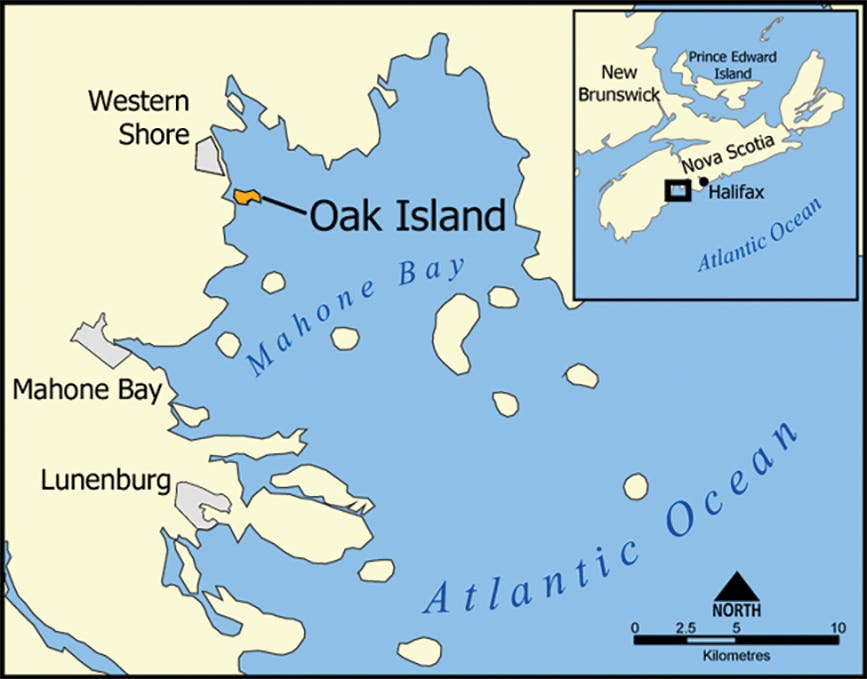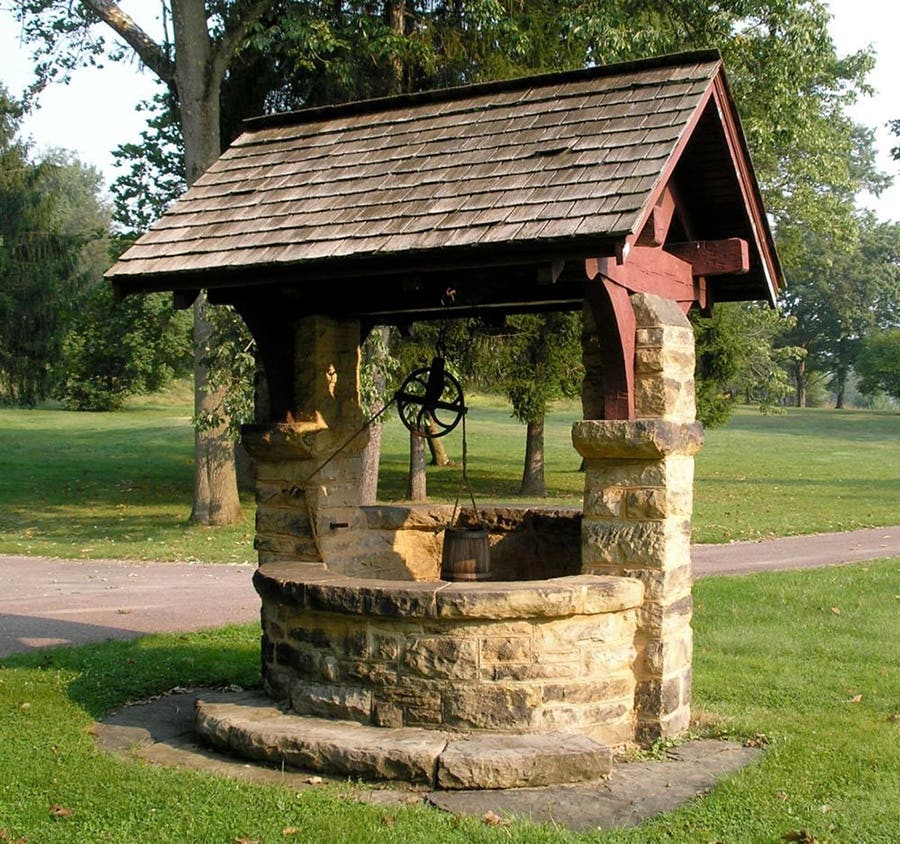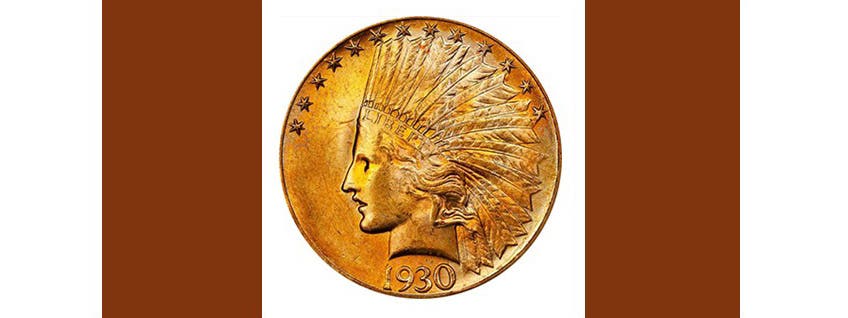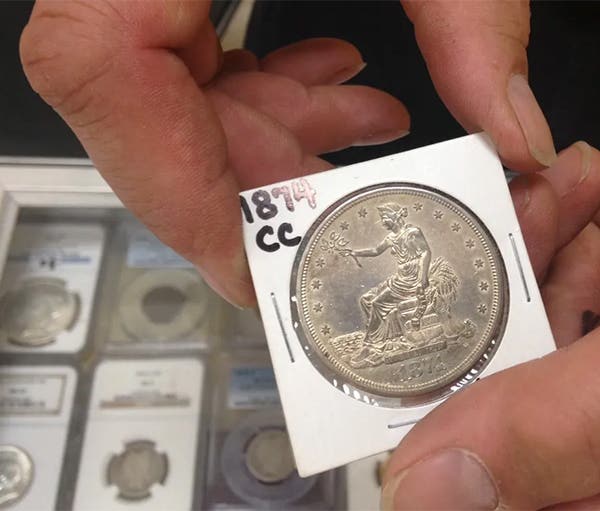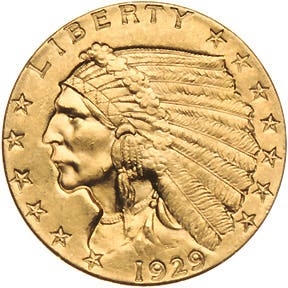What Might Space Inhabitants Use for Money?
On Earth, physical gold and silver have served for thousands of years as a stable form of money. However, it would be challenging to transfer physical metals between parties on Earth and those off-planet.
In my early adulthood, I figured that by the time there were at least 100 people all the time living in space stations, space colonies, on the moon, or elsewhere, I just might be one of those people. Decades later, I don’t think that will happen during my lifetime.
Still, as technology advances, it is almost certain that large enough numbers of people will be living off the surface of this planet, and the issue of what to use for a medium of exchange could become important.
In my mind, the technological evolution of making online deposits, payments, and transfers will almost surely make that the most practical solution. In doing so, it wouldn’t really matter where space inhabitants hosted their accounts—they could be on Earth or off of it.
The difficult question would be what to use as the unit of currency. What could be used that would have a stable value to promote commerce? For people living in space, what would represent a store of value?
Initially, space inhabitants would use the monetary system of the nations where they came from or work for. But, as people learn to fear the falling purchasing power of fiat (paper) currencies over time, something better would need to be developed.
On Earth, physical gold and silver have served for thousands of years as a stable form of money that has never failed. They function because physical metals can literally change hands between parties. However, it would be more difficult to transfer physical metals between a party on Earth and another off-planet or between people living in different places in space.
I don’t have a solution for what might be practical for a non-terrestrial monetary system. Creative ideas in my mind include a system possibly based on units of energy. As the creation of the concept of coins was a free-market solution to facilitate commerce, I’m confident that the private sector could produce a sensible solution. Readers are encouraged to post their thoughts.
Answer to the Previous Trivia Question
Last week, I asked: Can you name a 19th-century coin bearing words and numbers in English and Arabic but whose denomination came from a non-English/non-Arab land?
Mombasa, now an Indian Ocean coastal city in the African nation of Kenya, first developed as an Arab commercial center. After being conquered by the Portuguese in 1593, it was successively ruled by Oman, Portugal, Oman, Great Britain, Muscat, Oman, and Zanzibar. In 1887, it became the capital of British East Africa. Coinage was issued for the Imperial British East Africa Company in Mombasa in 1888 and 1890. The obverse language is entirely in English. The reverse words are in Arabic and English. However, because of the extensive trade with British India at the time, the denominations of Mombasa coins were those used in India: pice, anna, and the rupee.
This Week’s Trivia Question
Was 17th-century Irish gun money really manufactured from guns that were melted down? Come back next week for the answer.
Patrick A. Heller was honored as a 2019 FUN Numismatic Ambassador. He is also the recipient of the American Numismatic Association 2018 Glenn Smedley Memorial Service Award, 2017 Exemplary Service Award, 2012 Harry Forman National Dealer of the Year Award, and 2008 Presidential Award. Over the years, he has also been honored by the Numismatic Literary Guild (including twice in 2020), the Professional Numismatists Guild, the Industry Council for Tangible Assets, and the Michigan State Numismatic Society. He is the communications officer of Liberty Coin Service in Lansing, Mich., and writes “Liberty’s Outlook,” a monthly newsletter on rare coins and precious metals subjects. Past newsletter issues can be viewed at www.libertycoinservice.com. Some of his radio commentaries titled “Things You ‘Know’ That Just Aren’t So,” and “Important News You Need To Know” can be heard at 8:45 a.m. Wednesday and Friday mornings on 1320-AM WILS in Lansing (which streams live and becomes part of the audio archives posted at www.1320wils.com).



